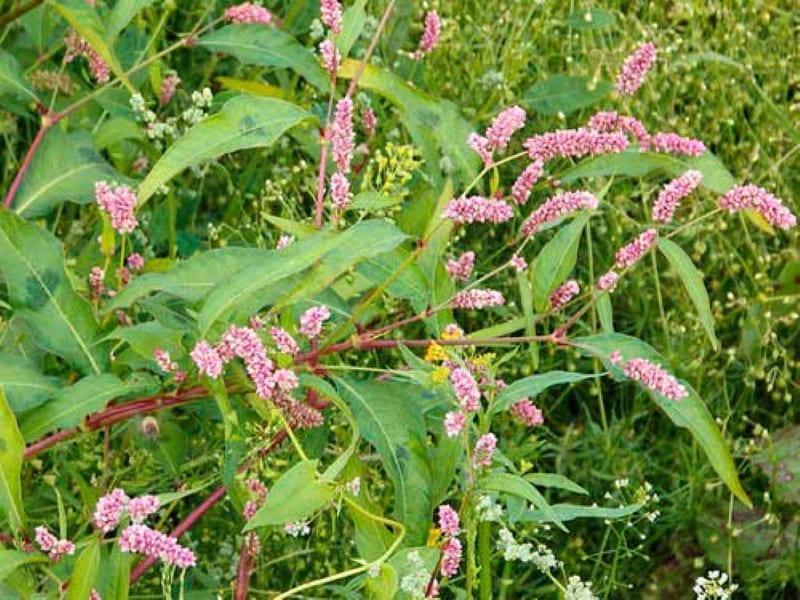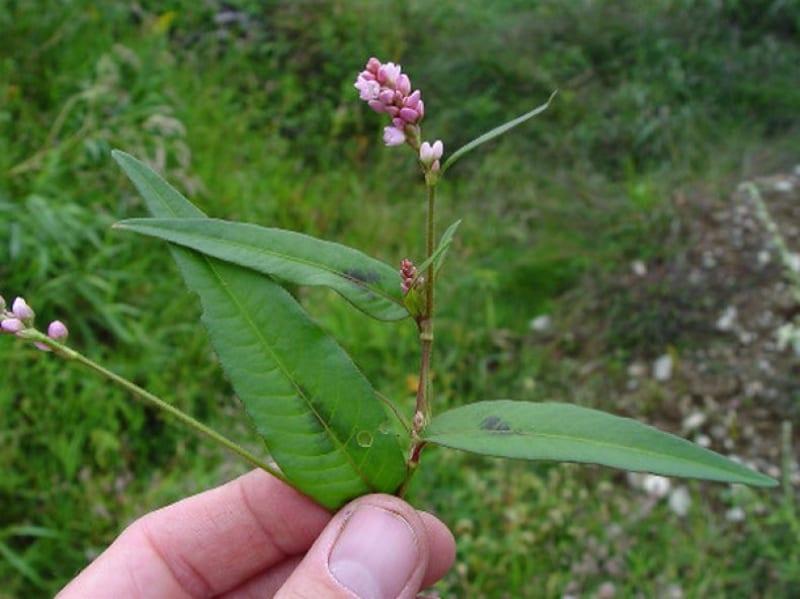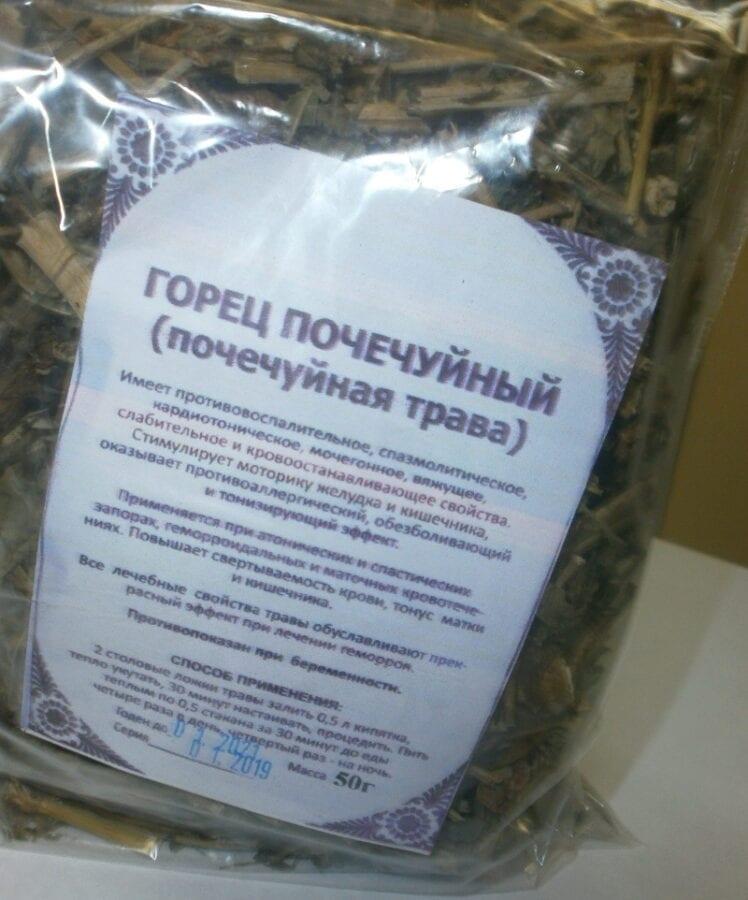Grass "stop hemorrhoids" or highlander pochechuyny - useful properties and contraindications of the plant
 Its tall bushes with branchy pinkish stems and graceful spikelets of inflorescences are well known to all herbalists. This is a highlander pochuyny - useful properties and contraindications of the plant are appreciated in folk medicine due to its rich chemical composition. In addition, there are absolutely no problems with the procurement of medicinal raw materials. The plant is unpretentious, it grows almost everywhere. And if you don't have time to collect the herb, you can buy ready-made products based on it in pharmacies.
Its tall bushes with branchy pinkish stems and graceful spikelets of inflorescences are well known to all herbalists. This is a highlander pochuyny - useful properties and contraindications of the plant are appreciated in folk medicine due to its rich chemical composition. In addition, there are absolutely no problems with the procurement of medicinal raw materials. The plant is unpretentious, it grows almost everywhere. And if you don't have time to collect the herb, you can buy ready-made products based on it in pharmacies.
Highlander pochechuyny - useful properties and contraindications

The healing properties of the plant
 Knotweed, especially fresh grass, is rich in astringent and tannins. It also contains many different acids and essential oils, and of the vitamins, the C and K groups are in the lead. It was they who endowed the plant with such important properties as increased viscosity and blood restoration.
Knotweed, especially fresh grass, is rich in astringent and tannins. It also contains many different acids and essential oils, and of the vitamins, the C and K groups are in the lead. It was they who endowed the plant with such important properties as increased viscosity and blood restoration.
For medicinal use, the mountaineer is harvested when it blooms, cutting off only the tops of the plant. They are crushed and dried or used fresh for the preparation of water decoctions and infusions, alcoholic tinctures. Also, on the basis of decoctions, a medicinal ointment, famous for its effective action in the treatment of hemorrhoids.
Highlander-based products have a healing effect on the body and the work of its organs, namely:
- relieve inflammation;
- promote healing of wounds and other skin injuries;
- remove swelling, itching, burning;
- constrict blood vessels, while not affecting pressure;
- improve regeneration;
- have a diuretic and laxative effect;
- serve as prevention and treatment of hemorrhoids;
- stop uterine and hemorrhoidal bleeding;
- strengthen the gums.
In what cases is it contraindicated to use highlander?
 Given that funds based on this herb increase blood clotting, they cannot be used in the presence of thrombophlebitis. In addition, among the contraindications are:
Given that funds based on this herb increase blood clotting, they cannot be used in the presence of thrombophlebitis. In addition, among the contraindications are:
- individual intolerance to plant components or allergies;
- diarrhea;
- bladder disease;
- kidney disease.
Special care must be taken when collecting plants with seeds. The fruits of the mountaineer are poisonous.
You can not use the mountaineer and pregnant women, as it can harm both the expectant mother and the fetus.